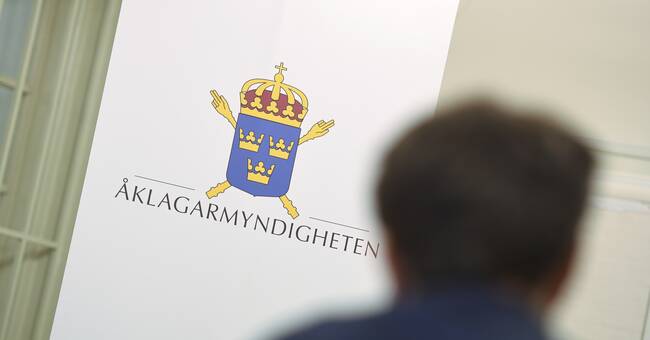The Security and Integrity Protection Board has examined all coercive measures cases initiated by the Chamber of Prosecutors in 2018 and until September 2019.
The review shows "extensive and extremely serious shortcomings", the board writes in its summary of the review.
No legal support
Among other things, prosecutors must have applied for and received permission for secret surveillance without there being support for this in the law.
In one case, the crime was not of such severity that it could have been the basis for the surveillance.
In another case, a telephone number that was monitored belonged to a person for whom there were no legal conditions for monitoring.
In other cases, persons against whom charges have been brought have found out that they have been subjected to secret surveillance only after charges have been brought.
In one case, that knowledge could have been important for the defense.
Lack of documentation and documentation
Criticism is directed at even more cases.
There is talk of a lack of documentation in applications for secret coercive measures, secret material that was destroyed long after the trial has taken place and lack of documentation.
The Security and Integrity Protection Board believes that the review has been made more difficult because the board's questions in several cases have not been answered by the House or the answers have been difficult to understand or irrelevant.
Chief of Staff: Strained working situation
The head of the Public Prosecutor's Office has explained shortcomings with a strained working situation, a new operating system and that a generational change in the police at the unit that handles secret coercive measures has meant that important skills have disappeared.
In addition, the head of the chamber wants the court, which ultimately decides whether secret coercive measures may be used, to examine the chamber's applications with higher competence and accuracy so that incorrect decisions are not made.

